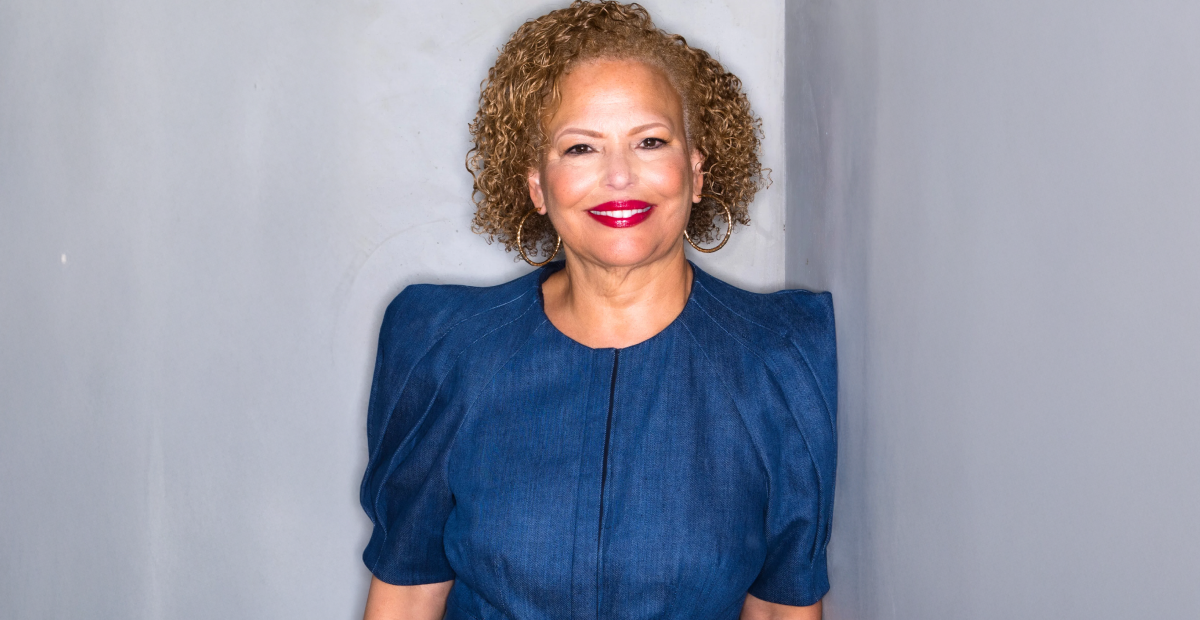In Chief’s new series, The New C-Suite, we examine how rapidly-shifting workplace norms and technologies have impacted today’s top corporate power players — and what it means for executive women.
While parity in the C-Suite has been challenging to come by, there’s one traditional role where women are making headway. The Chief Financial Officer role has continued to see women make real gains in representation in recent years.
Women held nearly 19% of CFO positions across Fortune 500 and S&P 500 companies in 2023, compared with only 6.3% in 2004, according to executive search firm Crist Kolder. Research suggests women outperform men in the role and generate stronger returns.
Women’s representation is especially important in the CFO role, since the job has long been a key stepping stone to the top. In fact, last year proved to be the best ever for CFOs ascending to the CEO role, with more than 8% of CEOs coming from the financial seat.
That growth in opportunity is likely due to the fact that the CFO role has become much more tightly integrated into the operations and ultimate success of the company. Few C-Suite positions have been more in flux over recent years. In a recent survey of nearly 600 CFOs by consultancy firm Egon Zehnder, 82% said their role has shifted significantly over the past five years.
“The CFO role has expanded from a focus on finance and compliance to include responsibilities as a risk and stakeholder manager, as well as a key strategic decision-maker within the organization,” says Amy Butte, newly appointed CFO at travel and expense management platform Navan. “The office is increasingly viewed as an integrated, proactive leader who is hyper-focused on optimizing systems and increasing efficiencies. The job has evolved from its traditional accounting function to a strategic role that actively evaluates programs and systems to drive growth.”
The Heart of the Operation
CFOs need to be particularly good at managing both the internal expectations and the external expectations of the role, especially as they become more operationally focused.
“Internally, your company’s strategy has to be tied to financial outcomes. For example, a strategy may be to increase market share of a particular segment (Fortune 500 companies) and that will increase your revenue growth rate to X%. With that growth rate your financial profile will be X% rev growth and X% profit margin,” says Adriana Carpenter, CFO at software company Emburse. “The CFO then has to understand from their operating partners what it will take to complete that strategy.”
That might look like how much product or functionality to build, as well as the investment dollars and timeline needed. Externally, that means knowing how to sell and deliver the value of the business, and its differentiators, from what’s in market.
CFOs then have to provide “the measuring stick” to assess whether those plans are working, and identify blockers between different departments if things aren’t going to plan. “The CFO can be the early ‘warning bell’ if we start seeing financial results that don’t align with the established expectations,” says Carpenter.
CFOs are also increasingly shaping technology strategies, as it becomes more integral to every business. This typically means they’re taking a bigger role in cybersecurity and vendor selection. “Everyone is doing more with less, so CFOs are constantly looking to optimize the ROI of a tech stack and consolidate the tech stack,” says Butte. “When evaluating new solutions, modern CFOs are prioritizing several key factors: alignment with their company's long-term goals, future-proofing, seamless integration with existing systems to minimize disruption, and the overall financial impact, including total costs and potential savings.”
Preparing for the Role
There’s no doubt that a financial background is a big asset for aspiring CFOs — three-quarters come directly from a finance position, such as a corporate finance executive, controller, and chief accounting officer. But it’s certainly possible to cross over. Take, for example, Amy Weaver, who served as Chief Legal Officer at Salesforce before she stepped into the CFO role and helped the company navigate a period of growth.
In fact, cross-functional exposure is increasingly an important asset for executives who are eyeing the job, given the role’s expanded responsibilities.
Carpenter found it incredibly helpful to be involved in an early-stage company. “Because there were so few executives and higher-level leaders I volunteered to lead a lot of projects that were well outside of finance,” she says. “Not only did I build deep relationships within those functional areas like sales, marketing, and engineering, I learned a lot about how they function that help make me a better CFO today.”
Say yes to rotation programs that move you around, or volunteer for cross-functional projects, Butte suggests. She also recommends building skills and networks that are valuable within your organization, but are also transferrable outside of the company. “There are times that it feels like you can’t afford to take a day away from your to-do list, but it’s worth it in the long run,” she says.
Navigating Uncertain Economic Waters
The CFO also has to be at the forefront of economic shifts, as evidenced over the past five years of pandemic shutdowns, RTO complications, and macroeconomic policy shifts. With a potential recession on the horizon, CFOs must be more ready than ever to jump into a consultative role as well.
“As a key advisor to the CEO and the Board, my job isn't just about managing finances — it's about providing guidance and insight to navigate situations where confidence is low,” says Butte. “I try to act like a risk manager. Do we need to cut and where? Can we consolidate? What should we be planning for short- and long-term success as we navigate a downturn?”
Whether in good economic times or bad, the CFO ultimately has to embrace the role of the ultimate team player. “I’ve learned that people are most important to the experience. It’s helping a company go from one stage to the next. It’s a team sport, right?” says Butte. “My job as a leader is to help find a clear path and encourage people to come on that journey.”



